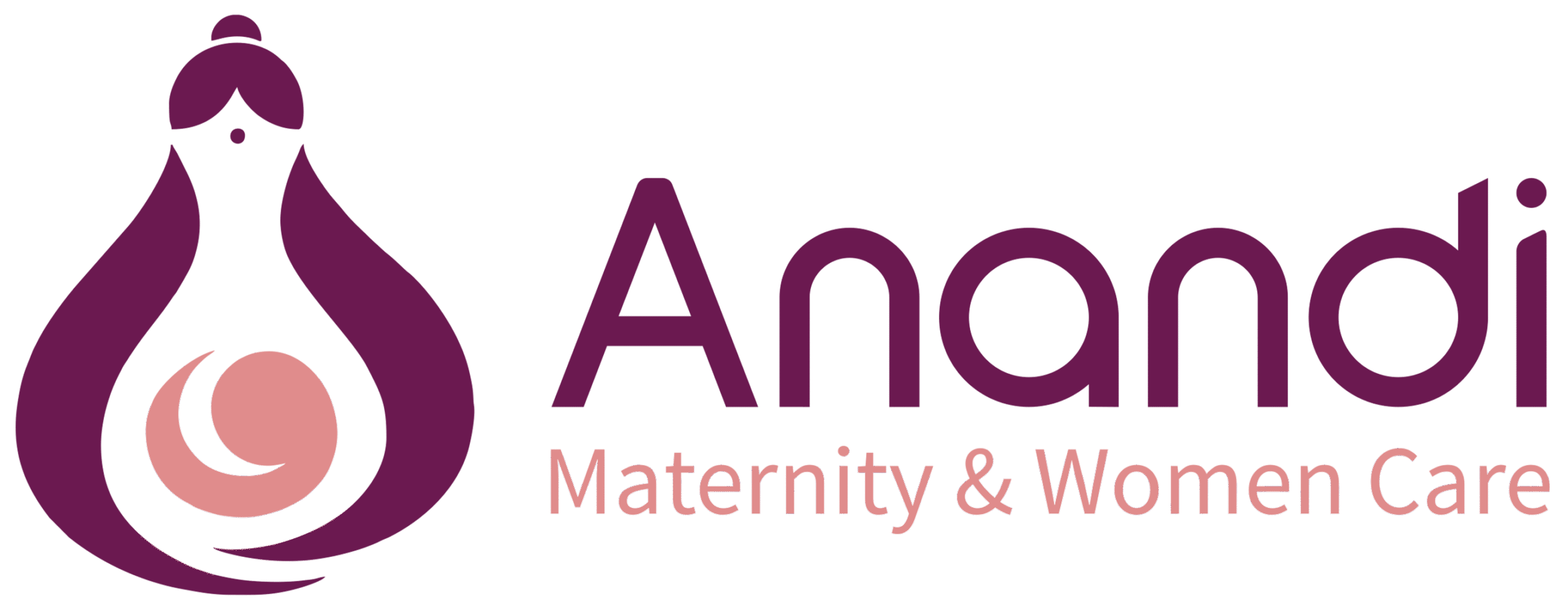Pregnancy is a transformative journey filled with anticipation, emotion, and change. As exciting as it is, it also demands care, attention, and the right medical guidance. This is where antenatal care becomes crucial. If you’re wondering what antenatal care is and why it is important, this guide offers a comprehensive look into the significance of prenatal healthcare for both mother and baby.
What Is Antenatal Care?
Antenatal care, also known as prenatal care, refers to the medical support and check-ups a woman receives during her pregnancy. It includes a series of regular visits to a healthcare provider to monitor the health of the expectant mother and her developing baby. These visits are designed to detect any complications early, provide nutritional and lifestyle guidance, and prepare the mother for childbirth.
Objectives of Antenatal Care
The primary objectives of antenatal care include:
- Monitoring the progress of pregnancy
- Identifying and managing pregnancy-related complications
- Providing nutritional and lifestyle guidance
- Educating the mother on childbirth and baby care
- Reducing risks to the baby and mother during delivery
Key Components of Antenatal Care
1. Initial Assessment
The first antenatal visit typically involves a comprehensive health evaluation. Your doctor will:
- Review your medical history
- Confirm the pregnancy with tests
- Estimate your due date
- Conduct baseline investigations such as blood tests, urine tests, and ultrasounds
2. Regular Monitoring
As pregnancy progresses, regular check-ups are scheduled. These appointments involve:
- Monitoring weight and blood pressure
- Checking fetal growth and heartbeat
- Screening for gestational diabetes and anemia
- Ultrasound scans to assess the baby's development
3. Nutritional Counseling
Expecting mothers need increased nutrients such as iron, calcium, and folic acid. Doctors provide dietary advice and prescribe prenatal vitamins to support fetal growth and maternal health.
4. Vaccinations
Certain vaccines, such as the tetanus toxoid (TT) and influenza vaccine, are given to protect both mother and baby from preventable diseases.
5. Education and Emotional Support
Pregnancy can be overwhelming, especially for first-time mothers. Antenatal care includes education on:
- Labor signs and birthing options
- Breastfeeding techniques
- Newborn care
- Mental well-being and coping strategies

Why Is Antenatal Care Important?
Let’s explore the reasons why antenatal care is absolutely essential:
1. Early Detection of Complications
Conditions like gestational diabetes, high blood pressure (preeclampsia), or infections can pose risks to both mother and child. Early diagnosis through routine tests can prevent serious outcomes.
2. Healthy Fetal Development
Regular ultrasounds and fetal monitoring ensure that the baby is growing as expected. Any issues, such as growth restrictions or congenital anomalies, can be identified and managed early.
3. Guidance on Nutrition and Lifestyle
Expecting mothers often have questions about what to eat, how much to exercise, and what habits to avoid. Antenatal care offers tailored advice to support a healthy pregnancy.
4. Mental Health Monitoring
Pregnancy can trigger anxiety, mood swings, or depression. Regular interaction with a healthcare provider allows for early intervention and emotional support.
5. Preparation for Delivery
Antenatal visits help you prepare mentally and physically for labor. Your doctor will discuss your birth plan, pain relief options, and what to expect during delivery.
6. Lower Risk of Preterm Birth and Low Birth Weight
Studies have shown that women who attend regular antenatal check-ups have lower risks of delivering prematurely or having babies with low birth weight.
How Often Should You Have Antenatal Check-Ups?
The frequency of antenatal visits usually follows this schedule:
- First trimester: One visit per month
- Second trimester: One visit every 4 weeks
- Third trimester: Every 2 weeks until the last month, then weekly until delivery
However, this schedule may vary based on individual needs, age, and the presence of any risk factors. At Anandi Hospitals, we tailor your care plan for optimal support throughout your pregnancy.
Antenatal Care at Anandi Hospitals
At Anandi Hospitals, we understand that every pregnancy is unique. Our antenatal program is designed to provide:
- Expert Obstetricians & Gynecologists - Our team brings years of experience and a compassionate approach to every visit.
- Advanced Diagnostic Tools - From high-resolution ultrasound to advanced blood screenings, we offer the latest technology for accurate monitoring.
- Comprehensive Care Packages - We offer flexible antenatal packages that cover consultations, lab tests, ultrasounds, and more.
- Holistic Support - Our antenatal care goes beyond medical monitoring—we provide parenting classes, lactation support, and postnatal counseling.
Tips for a Healthy Pregnancy
Alongside regular antenatal care, here are a few tips to ensure a healthy pregnancy journey:
- Eat a balanced diet rich in fruits, vegetables, proteins, and whole grains
- Stay hydrated and avoid caffeine and alcohol
- Take prenatal vitamins as prescribed
- Get adequate sleep and manage stress through yoga, meditation, or light exercise
- Avoid smoking and exposure to harmful chemicals
- Attend all scheduled check-ups and communicate any discomfort to your doctor
Conclusion
Antenatal care is more than just routine check-ups—it’s a lifeline for both the mother and baby. It plays a pivotal role in ensuring a safe, smooth, and healthy pregnancy. From detecting risks early to offering emotional support, the benefits of antenatal care cannot be overstated.
If you or your loved one is expecting, don’t wait. Book an antenatal appointment at Anandi Hospitals and give your pregnancy the care it deserves.
Your journey to motherhood deserves expert care—Anandi Hospitals is with you every step of the way.
